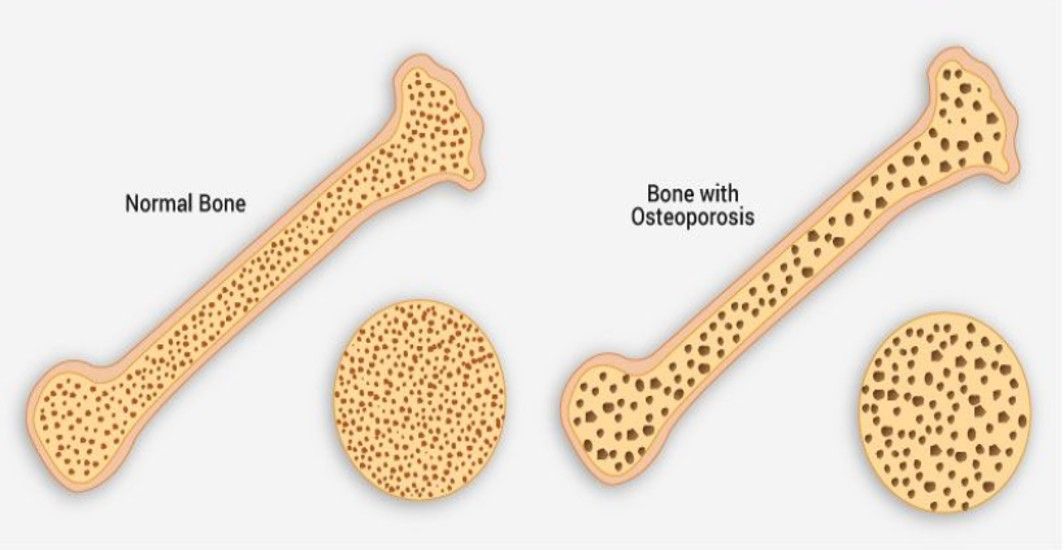Diabetes Management
Understanding the Different Types of Diabetes
2 min read
By Apollo 24|7, Published on - 17 May 2024
Share this article
0
0 like
.jpg?tr=q-80)
Diabetes is a long-term health condition that affects the body's ability to handle blood glucose. There are a number of diabetes types, each with its distinct causes and management techniques. In this blog post, we aim to shed light on these different types and their unique characteristics.
The Three Main Types of Diabetes
Firstly, type 1 diabetes is an autoimmune condition where the body mistakenly attacks insulin-producing cells in the pancreas. Mostly diagnosed in children and young adults, this condition calls for daily insulin injections as a part of its management.
Secondly, type 2 diabetes starts with insulin resistance, which means that your body cells can't effectively utilise insulin. This inefficiency results in high blood sugar levels and over time may lead the pancreas to produce inadequate insulin to combat this resistance. Factors such as genetics, a sedentary lifestyle, and obesity, among others, increase the risk of acquiring type 2 diabetes.
Lastly, gestational diabetes surfaces during pregnancy due to hormones that block insulin. While it usually resolves post-childbirth, it does increase the risk of developing type 2 diabetes later. It's more prevalent in individuals with pre-existing prediabetes and those with a family history of diabetes.
Why Understanding the Differences Matters
The types of diabetes vary significantly in their onset, causes, and management strategies. Gaining a better understanding of these distinctions enables more effective treatment and care. For instance, managing type 1 diabetes typically involves taking insulin for life, while managing type 2 can often be aided by a healthy lifestyle change.
Rare Cases: Other Types of Diabetes
There are other rare forms of diabetes such as monogenic diabetes, including Maturity-Onset Diabetes of the Young (MODY) and Neonatal Diabetes Mellitus (NDM). Another rare kind is secondary diabetes which is generally triggered by another medical condition like cystic fibrosis.
Living with diabetes doesn't mean giving up on a fun life. With careful lifestyle management and a positive mindset, you can lead a fulfilling life while keeping your diabetes in check. It's about taking charge and making conscious choices that contribute to your well-being, such as consuming a healthy diet, regularly engaging in physical activity, and efficiently monitoring your blood sugar levels.
Diabetes Management
Consult Top Diabetologists
View AllLeave Comment
Recommended for you

Diabetes Management
Can Diabetes Cause Muscle Thinning Over Time?
Diabetes can lead to muscle thinning over time. High blood sugar levels caused by this disease can damage nerves and blood vessels that support muscle health. This, in turn, causes muscle atrophy or thinning. Additionally, insulin resistance in type 2 diabetes can impede muscle growth and maintenance. Regular exercise, a balanced diet, and proper blood sugar management can help mitigate muscle thinning in individuals with diabetes.

Diabetes Management
Bone Health for Diabetics: Minimizing Osteoporosis Risk
The impact of diabetes on bone health is often overlooked. However, it's crucial to understand that diabetes increases the risk of osteoporosis and fractures. Adopting a balanced diet, staying active, effectively managing blood glucose levels, and routine health checks can help maintain bone health.

Diabetes Management
Fruits That Aid in Blood Sugar Regulation
Incorporating fruits into your diet goes a long way in managing diabetes effectively. Some fruits like green apples and oranges offer essential nutrients while helping stabilise glucose levels. Even local fruits like jamun can provide significant benefits due to their low GI levels. Remember, the key is to choose wisely and maintain moderation.
Subscribe
Sign up for our free Health Library Daily Newsletter
Get doctor-approved health tips, news, and more.
Visual Stories

8 Fruits That are Incredibly Healthy for Diabetes
Tap to continue exploring
Recommended for you

Diabetes Management
Can Diabetes Cause Muscle Thinning Over Time?
Diabetes can lead to muscle thinning over time. High blood sugar levels caused by this disease can damage nerves and blood vessels that support muscle health. This, in turn, causes muscle atrophy or thinning. Additionally, insulin resistance in type 2 diabetes can impede muscle growth and maintenance. Regular exercise, a balanced diet, and proper blood sugar management can help mitigate muscle thinning in individuals with diabetes.

Diabetes Management
Bone Health for Diabetics: Minimizing Osteoporosis Risk
The impact of diabetes on bone health is often overlooked. However, it's crucial to understand that diabetes increases the risk of osteoporosis and fractures. Adopting a balanced diet, staying active, effectively managing blood glucose levels, and routine health checks can help maintain bone health.

Diabetes Management
Fruits That Aid in Blood Sugar Regulation
Incorporating fruits into your diet goes a long way in managing diabetes effectively. Some fruits like green apples and oranges offer essential nutrients while helping stabilise glucose levels. Even local fruits like jamun can provide significant benefits due to their low GI levels. Remember, the key is to choose wisely and maintain moderation.

